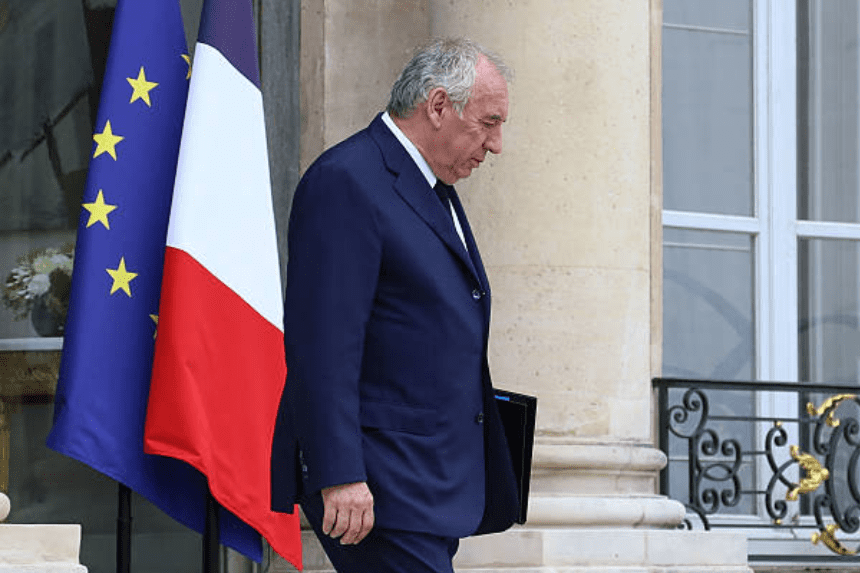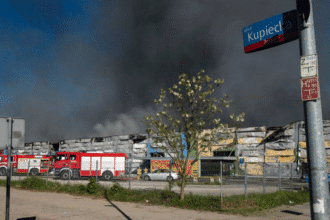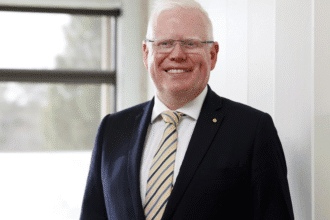The French Prime Minister, Francois Bayrou, is facing one of the most important turning points as he insists on an upcoming confidence vote on the severe budget reductions that are set to be carried out on September 8. At the head of a minority government since December, Bayrou outlines the need to act to control the increase in the budget deficit in France. His determination to fight like a dog has found itself thwarted by opposition parties, which have come together across political colours. The vote was only a few days before nationwide protests aimed at blocking everything as a sign of unrest among the people with regard to the austerity measures.
Why does the French PM dare call a confidence vote today?
France has to distinguish between a choice of chaos or responsibility, according to Prime Minister Bayrou. The government intends to make close to 44 billion cuts to the budget in an effort to deal with a deficit of 5.8 % of GDP in 2013. Bayrou argues that not acting, risks worsening the financial instability of France. This vote of confidence will ensure support by parliament of these strict actions. Nevertheless, Bayrou’s minority government has no majority and the ballot was a high-stakes challenge. Here is the link to our article on Albanese Faces Scrutiny.
Which Parties Are against the Government Plans?
The opposition is largely in agreement in opposing the leadership of Bayrou. The far-right National Rally, whose leader is Marine Le Pen and Jordan Bardella, has announced that they will be against the government, and demand to dissolve parliament be dissolved and new elections. On the left, the Socialists, Greens, Communists, and France Unbowed have all declared that they would resist the budget cuts. Olivier Faure, the socialist leader, termed the government strategy as politically destabilizing, with blame being levelled against Bayrou. This massive opposition poses grave doubts on the survival of the government.
What is the reaction of markets to the Political Uncertainty?
There has been volatility in the financial markets with the announcement of the vote. The CAC-40 stock index in France lost more than 3 percent in 2 days as the investors worry about political stability in the country and its economic future. Finance Minister Eric Lombard said he understood that a recovery budget needed to be drawn up in 2026, but added that there was a need to make cuts. This financing insecurity highlights the overall dangers that rest on the unstable status of the government. Here is the link to our article on the Taiwan Democracy Vote.
What happens with seeing that the Vote fails?
In case Bayrou is not approved by the vote of confidence, President Emmanuel Macron needs to make critical decisions. The possibilities are to retain Bayrou as an interim prime minister, or to have a new leader, or a snap vote. Political instability is likely to be observed in view of the impending 2024 election activities presented by Macron and the prevailing minority nature of Bayrou government. Whilst praising Bayrou, as a courageous and democratic move to bring the vote, some government ministers raised concerns about this as a move towards increased instability.
Final Thoughts
The confidence vote looms as a make-or-break moment in government and economy of France. Prime Minister Bayrou has a narrow path in front of his political future since opposition parties are in rigorous opposition to budget cuts. The judgment will predetermine the future financial course of France and the possibility of overarching political changes. Amid demonstrations and jittery markets, this vote is symbolic of just how much the French leadership is under pressure to lead through the economic challenges in an accountable manner.








